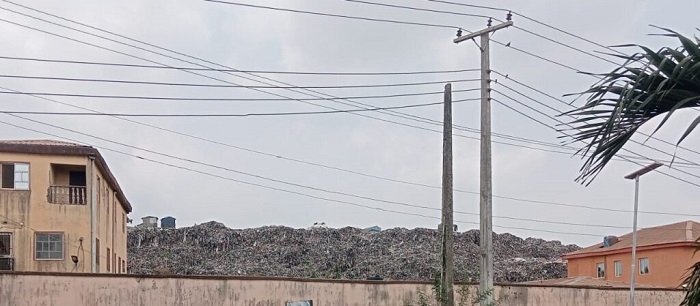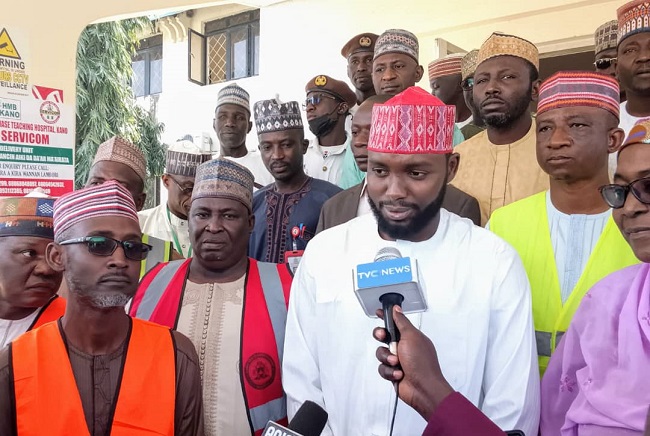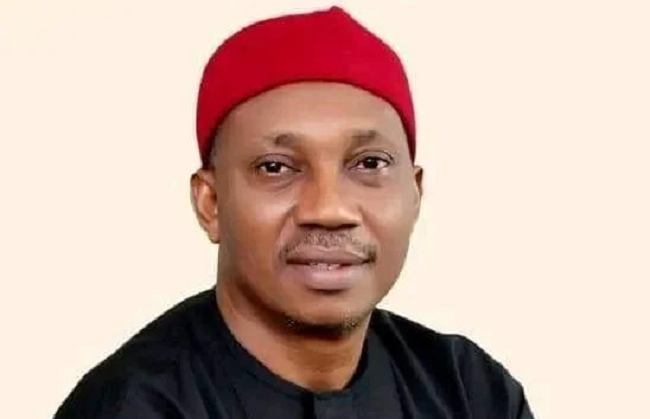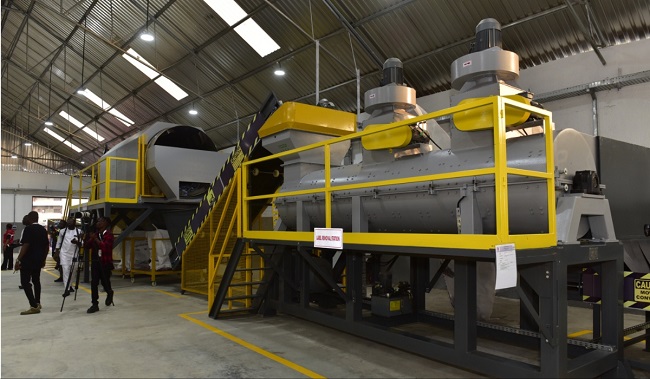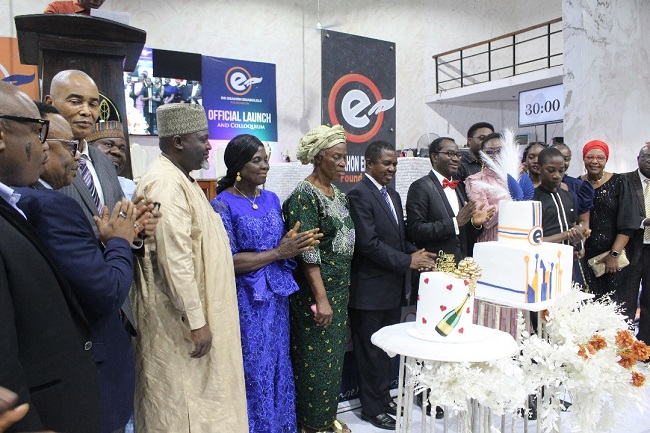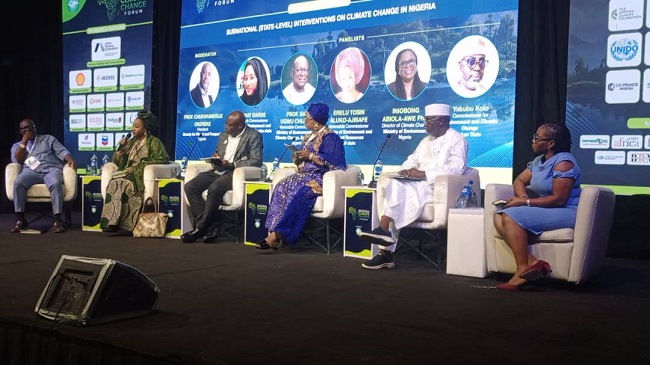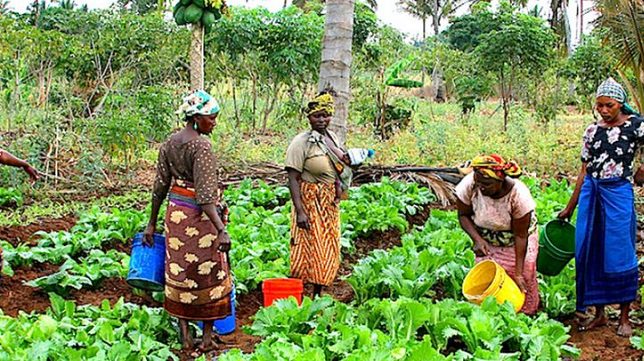Lagos State Waterways Authority (LASWA) has partnered with Lagos State Waste Management Authority (LAWMA) Marine Unit to address environmental impact of waterways activities.
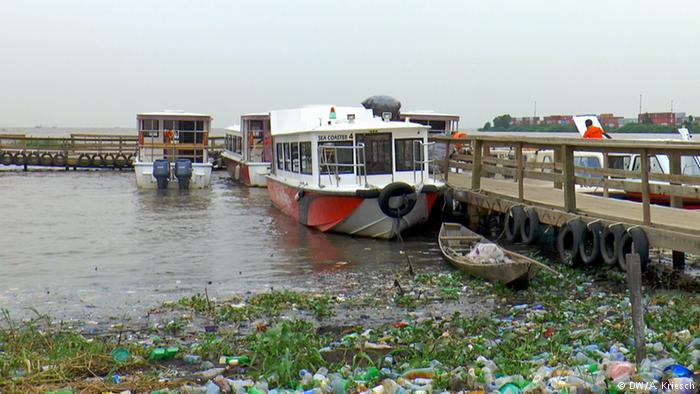
The General Manager of LASWA, Mr. Oluwadamilola Emmanuel, said in Lagos that the partnership was particularly on waste management to improve safety on waterways.
Emmanuel said that, under the partnership, LAWMA would go to LASWA centres, pick up plastic bottles and other recyclable wastes, and take them to recycle factories.
“This is done to ensure that boats, jetties and waterways are rid of wastes that constitute nuisance to the system,” he said.
He expressed the hope that pollution of waterways would be adequately tackled in LASWA’s Omi-Eko project aimed at moving its ferries out of fossil fuel engines.
“The Omi-Eko project is strictly going to run on electric ferries. This is to reduce the pollution that comes from engines.
“To this effect, we will embark on collaborations with relevant agencies in a bid to keep the waterways clean.
“Our working with LAWMA Marine Unit is to ensure that waterways are kept clean.
“Also, the state Ministry of Waterfront and Infrastructure Development is upgrading jetties and terminals so that we can operationalise and maintain these jetties,” he said.
According to Emmanuel, LASWA is also collaborating with the National Inland Waterways Authority on safety on waterways.
“We join resources to see it work because, at the end of the day, it is the safety and development of waterways that we are after,” he said.
The general manager noted that LASWA inaugurated 15 ferries in 2024, adding that 10 would be inaugurated in 2025 to significantly improve efficiency.
He said that the state government was determined to have a fully-integrated transport system in which rail, road and water transport modes would be linked.
The LASWA boss said that in the next 10 years, water transport would be expected to contribute much more to the state’s gross domestic product.
He said that improvements in water transport infrastructure in terms of boats and terminals would drive patronage to the state’s waterways.
“One of the things we are doing to encourage people to use the waterways is creating awareness on the need to use life jackets which is the single most important thing in water transportation.
“Apart from pushing for its usage, we donate life jackets. We purchase and distribute to stakeholders, whether operators or passengers,” he said.
On the quality of life jackets some boat operators use, he said that the authority had always advocated best practices.
Emmanuel said that LASWA deployed water guards at jetties to ensure that poor quality life jackets would not be used.
“However, if it does happen, passengers have our hotlines to reach us to make complaints and we deal with them appropriately,” he said.
By Chiazo Ogbolu

